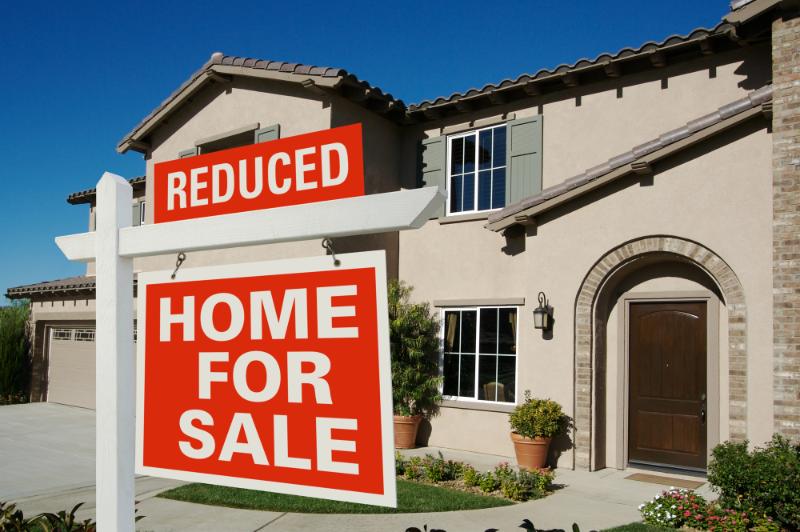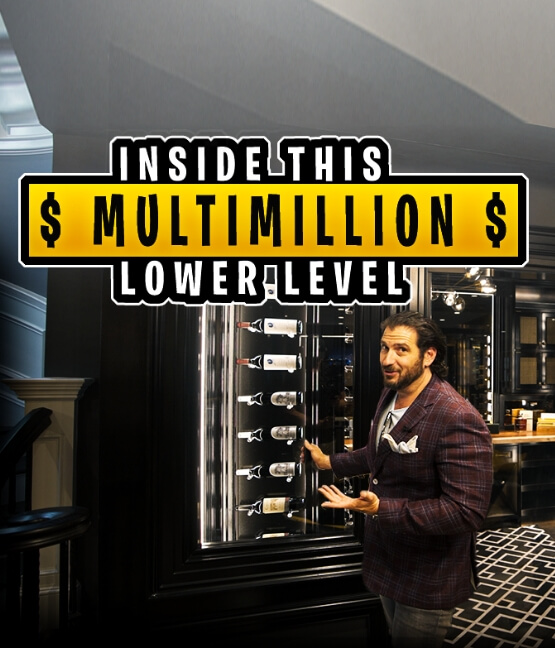When it is time to sell your home, one of the first questions many homeowners ask is: What happens to your mortgage when you sell your home? The answer can be simple, but there are a few important details to understand before you list your property. Whether you are selling for the first time or are an experienced seller, knowing what happens with your mortgage can make a big difference in your decision-making process.
How Your Mortgage is Paid Off
In a typical home sale, the process is fairly straightforward. When your home is sold, the buyer’s funds will first be used to pay off your remaining mortgage balance. This amount is determined by the mortgage lender and will be settled during the closing. Any outstanding home equity loans or liens against the property will also be paid off.
If you owe more than your home’s sale price, the process becomes more complex. In a traditional sale, the sale price of the home should ideally be higher than the remaining mortgage balance. If this happens, the leftover amount is yours to keep. This money can then be used toward purchasing your next home or any other financial goal you have in mind.
What Happens in a Short Sale?
A short sale occurs when the selling price of your home is lower than what you owe on your mortgage. If this happens, you will need to negotiate with your lender. In a short sale, the lender agrees to accept a loss because the sale proceeds will not cover the entire mortgage debt.
This process can take longer than a traditional sale because the lender must approve the offer before it moves forward. While this option can help if you are underwater on your mortgage, it can delay the closing process and affect your credit.
Selling and Buying a Home Simultaneously
For homeowners who are buying a new home while selling their current one, timing becomes crucial. If you sell your home first, you will have funds available to purchase your next property. This option provides clarity, as the sale of your current home directly supports the purchase of your new one.
However, some buyers may prefer to purchase a new property before selling their current one. This route often requires extra steps. You may need a bridge loan or, if possible, carry two mortgages for a period. These options help you manage the financial gap between selling and buying but can add complexity to the transaction.
Paying Off Your Mortgage
During the closing, all remaining mortgage balances will be paid directly from the proceeds of your sale. This addresses what happens to your mortgage when you sell your home. Your lender will provide a payoff statement that reflects the total amount owed, including any interest due on the date of closing. Once this is paid, the lender will release the lien on the property, and you will no longer be responsible for the mortgage.
If the home sells for more than the amount owed, you will receive the difference. This is your profit from the sale. If the sale amount does not cover the entire mortgage balance, the situation becomes more complicated, often requiring negotiation with your lender.
Moving Forward with Confidence
We understand the importance of having professional guidance in navigating the complexities of selling your home. Our team is here to guide you through every step of the process, from listing your home to understanding how the mortgage payoff works. Whether you are selling a property or searching for your next home to buy, we are dedicated to helping you achieve the best possible outcome.













